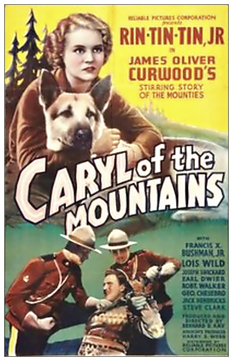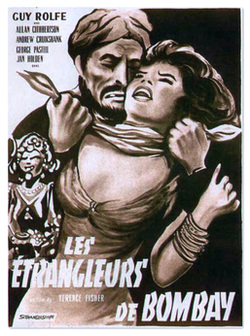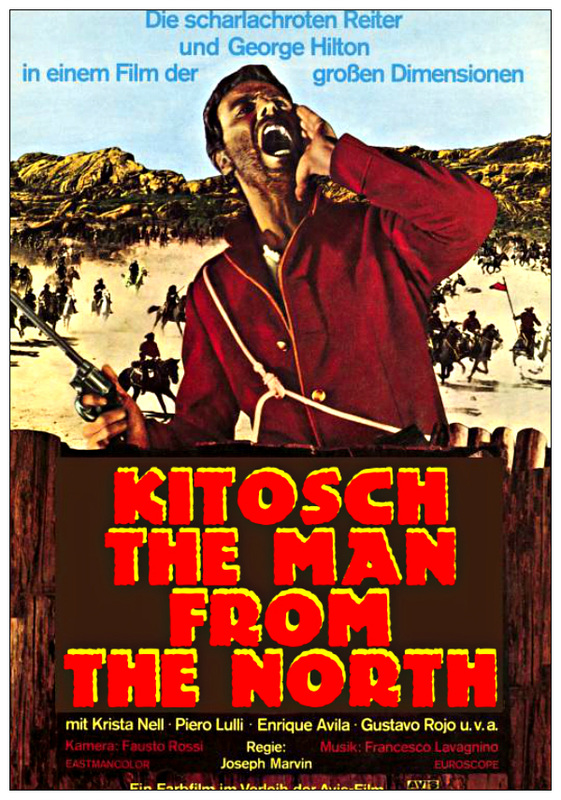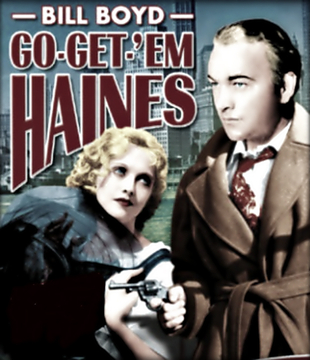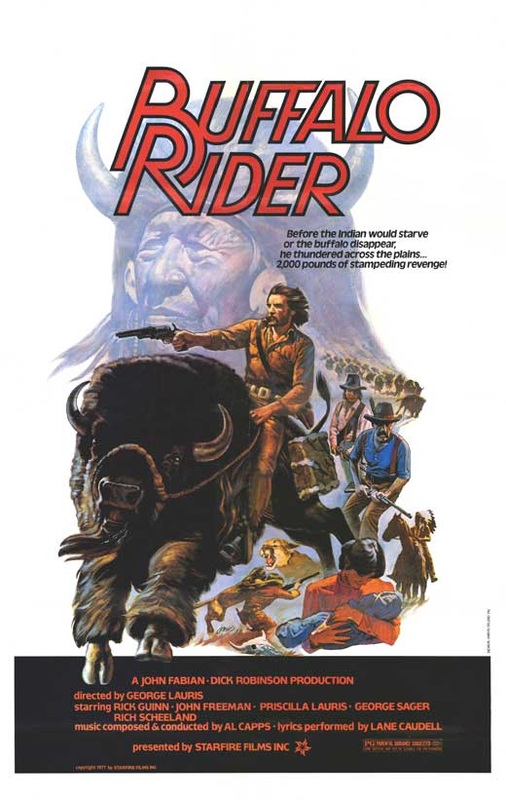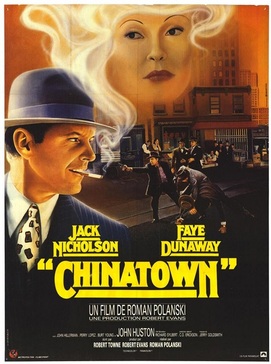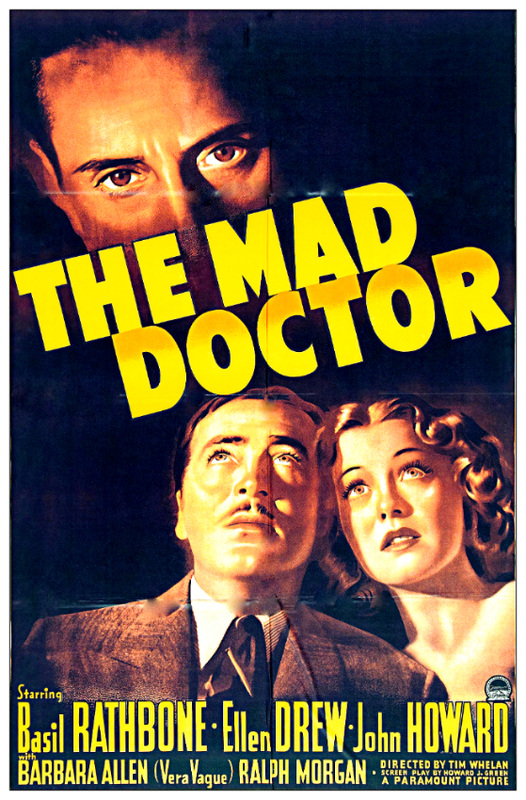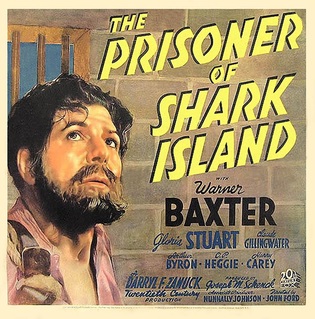
Loosely based on real events, the setting is the immediate end of the war between the states. Lincoln and his people have kept the union intact, while also shattering the slavery tradition in the south forever (one certainly hopes). In retaliation, Lincoln is assassinated by John Wilkes Boothe; our film begins in this way. Boothe, as we know, was injured in his escape, and he and his co-conspirator are trying to make their getaway with him in this condition, on horseback, at 5a.m., in torrential rain.
Not a good omen, certainly!
They find their way to the home of a southern doctor, Dr. Samuel Mudd, played by Warner Baxter. Dr. Mudd is a character that wouldn't get much play these days, as he was a slave owner and a southerner, but, as presented, was a fair and decent chap. In this spirit he fixes Boothe's leg, and Boothe goes off into the night...but the identity of Lincoln's assassin was not known to the doctor. later that day Boothe's pursuers arrive, and they arrest him, the fervor of righteous justice blinding them to his innocence.
His trial goes in a similar fashion. The nation had no sympathy for supporters of the assassination at that time, and in reality, a number of regular people were lynched across the country for expressing that view. Although he escaped the hanging that was the punisment of the direct conspirators, the doctor is put into a brutal prison on an island in the Dry Tortugas (off the tip of Florida, now a national park), plagued by the prerequisite dastardly guard (played so well by John Carradine), consumed by that doomed feeling that would certainly accompany such an injustice. It will be his own dignity and medical knowledge that will help him to survive.
Will his lovely wife find a way to get him released, or will he have to find his own escape?
I loved this film. Warner Baxter was so incredibly multi-layered, and I'm more and more becoming a fan of his stuff. He's very good in this; he's both noble and irritable, and the fact that he was a slave holder and a confederate don't dull my sympathy for his character. After watching him as the Cisco Kid relatively recently (reviewed HERE), as well as his turn in the Crime Doctor series, he has become one of those names that I'm starting to keep an eye out for, more and more. John Carradine was also great in this, being his usual dastardly self, and yet his humanity was not at all in question throughout. The rest of the cast was quite fine, and the direction and staging was perfect and precise; everything was worth looking at, and the story had no fluff or flab. One can attribute these qualities to the sure hand of director John Ford, who consistently amazes me with his projects.
The 1930's. For so long they've been seen as the imperfect precursor to the 40's; that primitive period between the golden decade of silent film, and the perfected era during WWII. I so disagree. The 30's were a great and wild time, full of imagination and zip! The pulp fiction vibe, the radio drama vibe, tinges of classic novels, with silent-era colour and drama. The Prisoner of Shark Island has all that and more.
For an added bonus, Dr. Mudd was played on the radio by Gary Cooper in Lux Radio Theater's production of the story. It's highly enjoyable, and just as well produced. It has the interesting addition of the then-elderly daughter of the real Samuel Mudd, sharing an anecdote of her father's life. Both the film and the otr audio are well worth seeking out, in both cases!

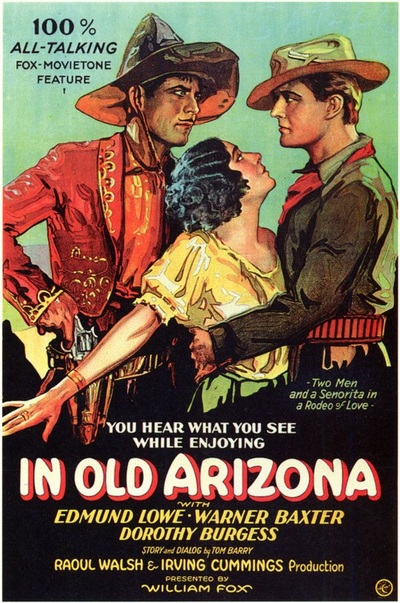
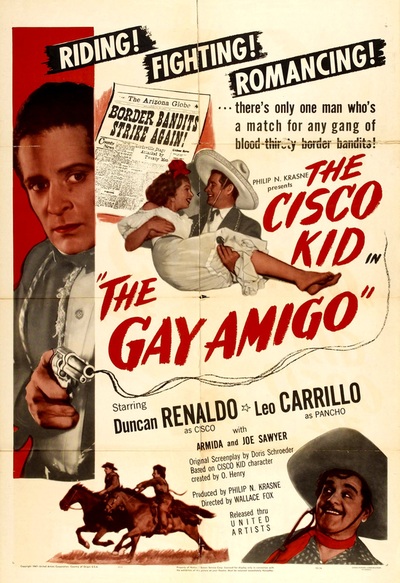
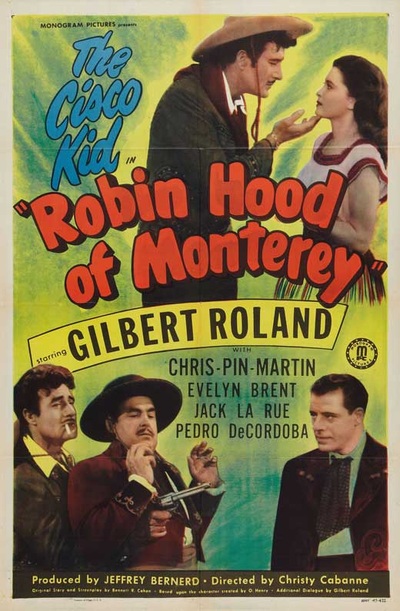
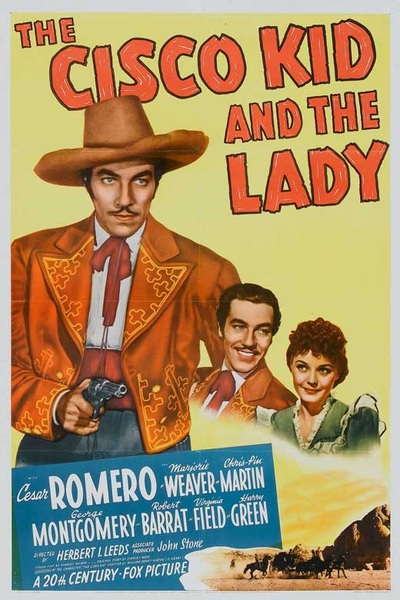
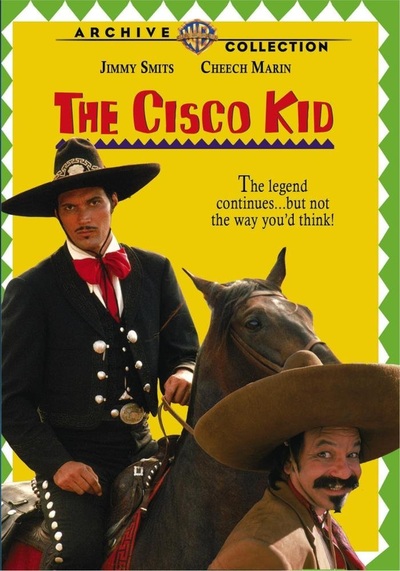

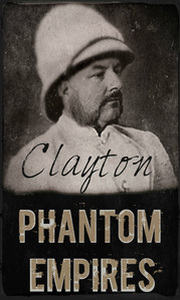
 RSS Feed
RSS Feed
